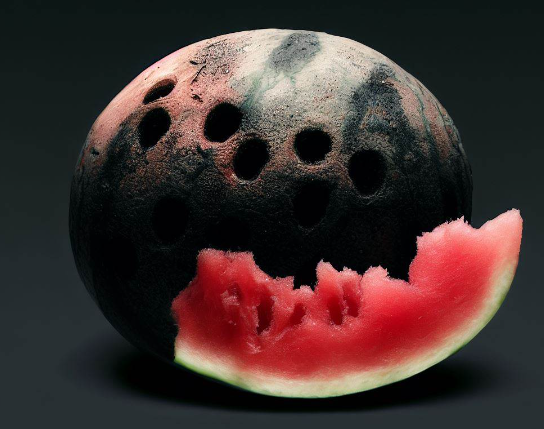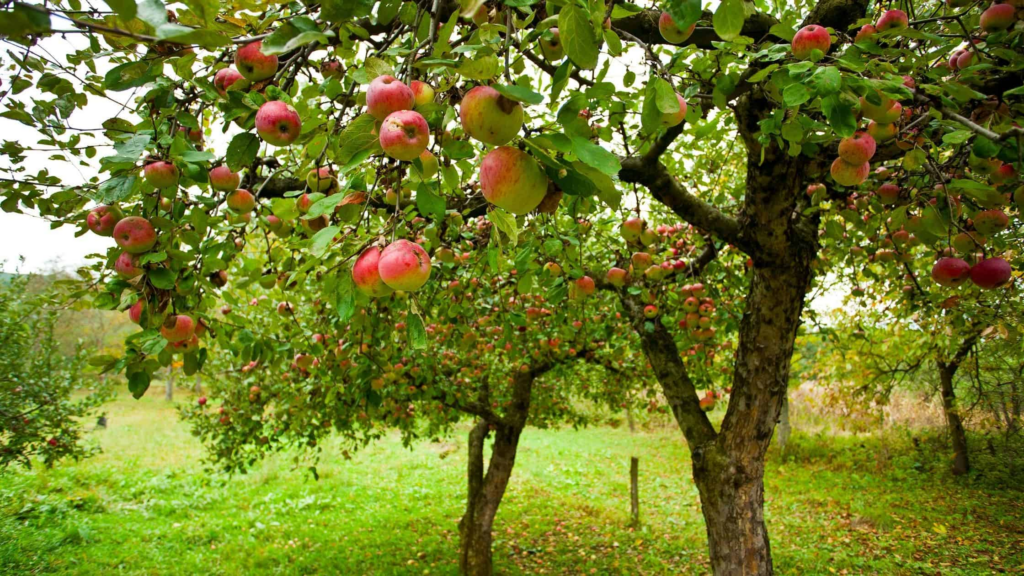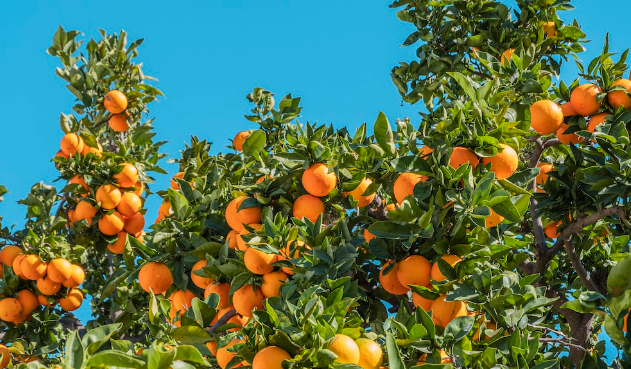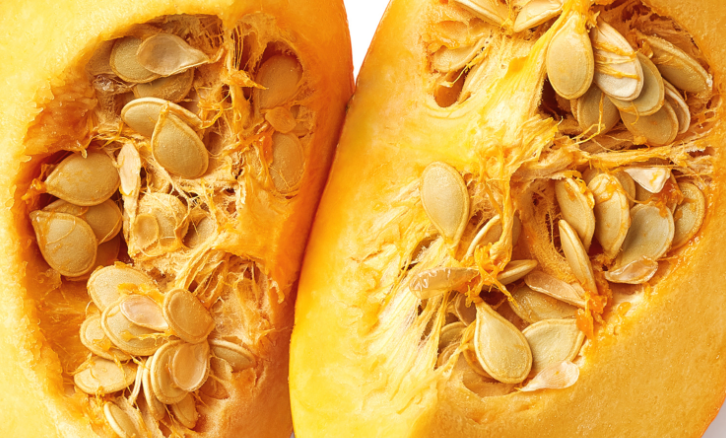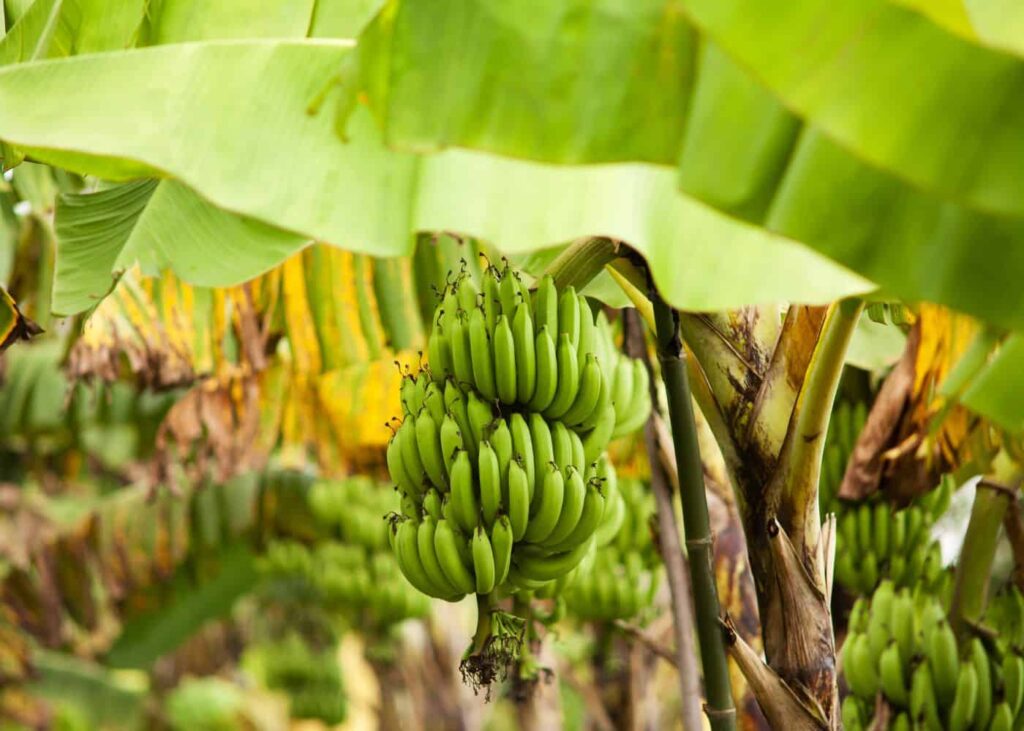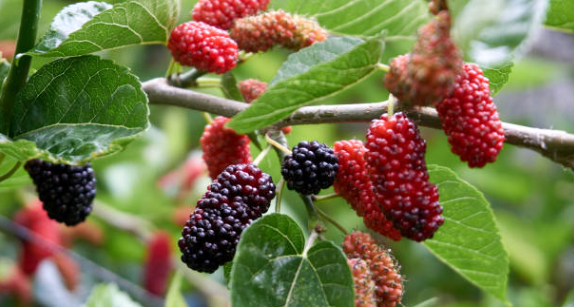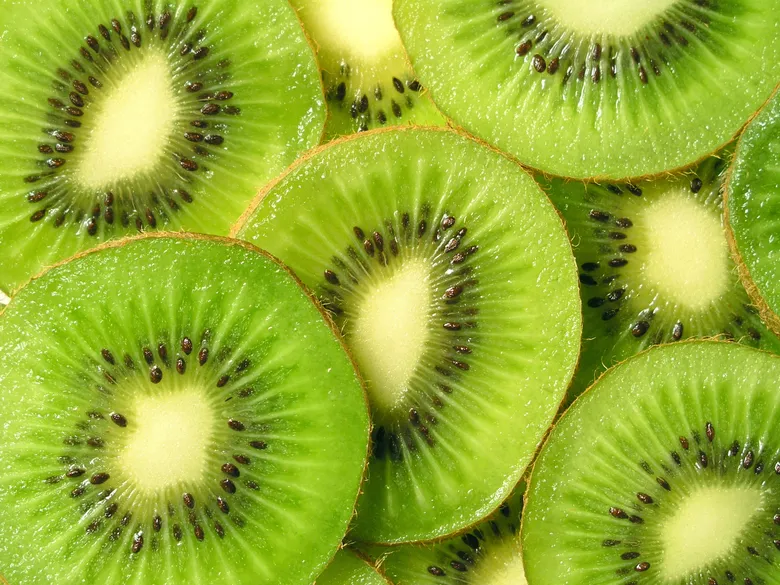For great-tasting and good-looking carrots, it’s important to use nutrient-rich soil. We’ll show you the best kinds of fertilizer to help you grow a lot of healthy carrots. You’ll get expert advice and useful tips.
Table of Contents
- Why Should You Fertilize Carrots?
- What’s NPK Ratio?
- What Kind of Nutrients Do Carrots Need?
- 1. Seeds Starting Out
- 2. Keeping Them Growing
- 3. Making the Roots Big
- Using Organic Fertilizers for Carrots
- 1. Compost
- 2. Old Manure
- 3. Fishy Water
- Using Chemical Fertilizers for Carrots
- 1. Evenly Mixed Granules
- 2. Slow-Release Food
- 3. Liquid Plant Food
- How to Apply Fertilizer Correctly
- Finishing Thoughts
Why Should You Fertilize Carrots?
Carrots need lots of nutrients to grow well. Even if the soil isn’t very fertile, giving the right fertilizers can make your carrots grow better and be more nourishing.
When you fertilize carrots, they get plenty of important stuff like nitrogen, phosphorus, and potassium. These help the carrots grow big roots and leaves and keep them healthy.
What’s NPK Ratio?
Fertilizers have three main parts: nitrogen (N), phosphorus (P), and potassium (K). They’re shown as three numbers on the fertilizer bags, telling you the mix of these nutrients.
These numbers help you pick the right fertilizer for your plants. For carrots, you want a mix that’s 5-15-15. That means it has more phosphorus and potassium for big, tasty roots. It also keeps the plant from putting too much energy into the leaves.
What Kind of Nutrients Do Carrots Need?
Carrots have their own special diet, and if you know what it is, you can give them the very best care.
1. Seeds Starting Out
Small carrot plants need help to grow strong from the beginning. A bit of general use fertilizer, like 5-15-15, used 2-4 weeks before you plant the seeds, can do just that.
2. Keeping Them Growing
As carrots grow up, they need more food. Giving them a balanced, long-lasting fertilizer every 6 to 8 weeks is a good idea.
3. Making the Roots Big
The most important part of growing carrots is getting those roots to puff up nicely. Carrots like having nitrogen around all season long for the best roots. Add a bit more high-nitrogen food about two weeks after the seeds start growing.
Using Organic Fertilizers for Carrots
Organic fertilizers are a great way to feed your carrots if you like things natural and earth-friendly.
Some good organic options for carrots are:
1. Compost
Compost is like vitamins for your soil. It makes the soil hold water better and feed your plants slowly over time. Mix some compost into your carrot bed before you plant for really happy carrots.
2. Old Manure
Manure that’s been sitting for a while, like old cow or horse droppings, is another good food for carrots. It gives the soil more life and helps hold water and nutrients, so your carrots grow strong.
3. Fishy Water
Fish emulsion is a liquid feed made from fish guts. It’s super full of nitrogen and other helpful things. You can spray it on the leaves or add it to the soil to give the carrots a quick pick-me-up.
Using Chemical Fertilizers for Carrots
If you want something more precise, chemical fertilizers are the way to go.
Some good choices for these are:
1. Evenly Mixed Granules
These fertilizers have all the nutrients your carrots will need. You can put them in the soil before planting or sprinkle them around the growing carrots. Just make sure to use them as the instructions say, so you don’t overdo it.
2. Slow-Release Food
Slow-release fertilizers are good if you don’t want to think about feeding your carrots all the time. They have special coatings that make the nutrients come out slowly, so your carrots get fed for a long time.
3. Liquid Plant Food
Liquid fertilizers work fast because the carrots can take in the nutrients quickly. Mix these with water and use them during the growing season to keep your carrots growing without stopping.
How to Apply Fertilizer Correctly
To make sure you fertilize your carrots the way they like it, follow these important tips:
- Check Your Soil First: Test your soil to see what nutrients and pH level it has. This helps you pick the right fertilizer and fix any soil problems before you start.
- Right Time: Use fertilizers when your carrots need them. Put organic stuff like compost or manure in before you plant. You can use chemical fertilizers before planting or when the carrots are growing.
- Don’t Use Too Much: Only use how much the bag tells you to. Too much can be bad for the carrots and the environment. Be sure to read the instructions carefully.
- Spread Evenly: When you put fertilizer down, spread it out well in the area where the carrots’ roots will grow. This helps the carrots get food from every side.
- Water It In: Always water the soil after putting fertilizer down. This helps the carrots take in the food and stops the fertilizer from hurting them. Water is key for the fertilizer to work right.
Finishing Thoughts
Choosing good fertilizer is really important for growing carrots. You can pick either organic or chemical options. The main thing is to use the right type with the right amount of nutrients, and to apply it in the best way for your garden. Try different kinds to find what works best for you.
Enjoy gardening and the tasty carrots you’ll get from giving them all the nutrients they need!
